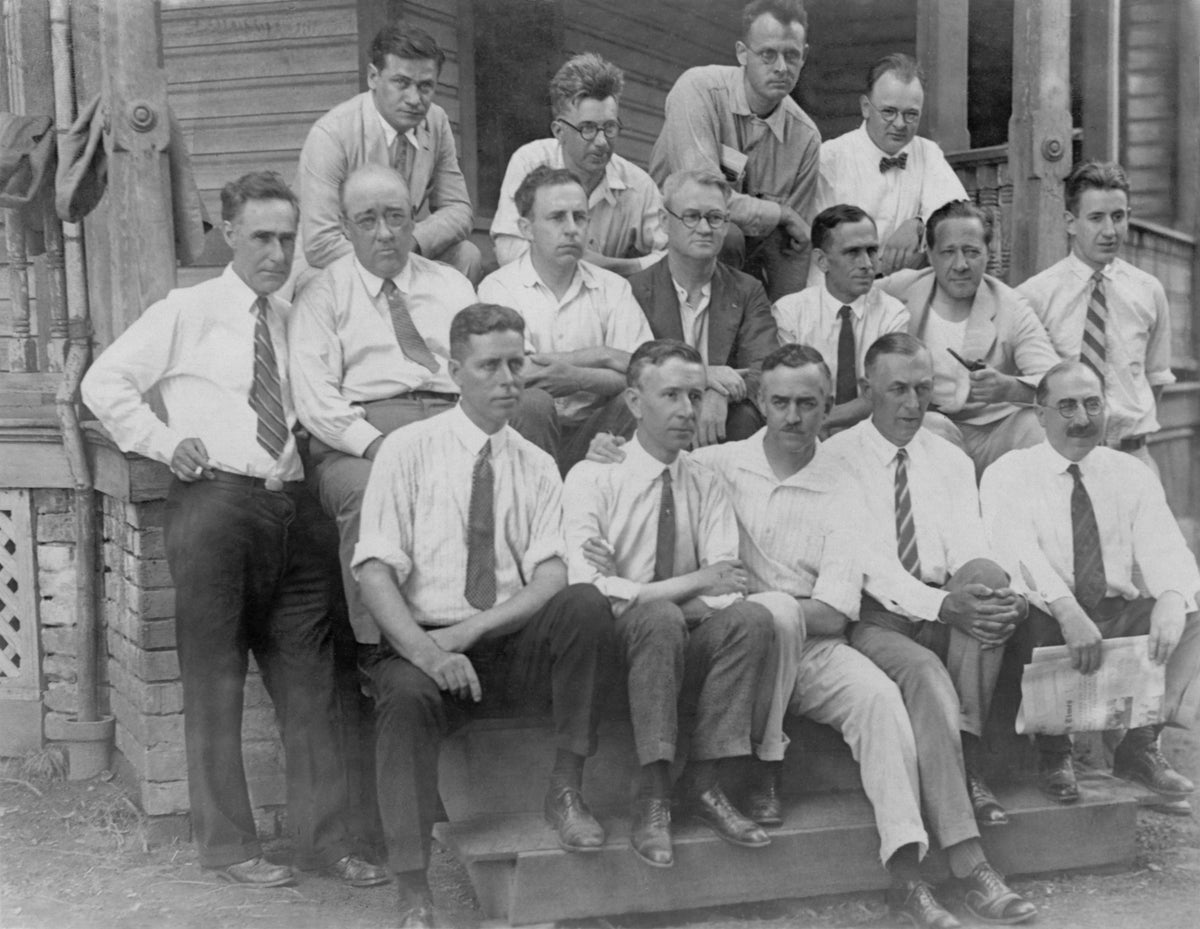Teaching Evolution Has a Bright Future in the U.S.

Teaching Evolution: A Brighter Future for U.S. Classrooms
A Century of Triumph and Tribulation
A century ago, the infamous Scopes trial ignited a battle over teaching evolution in American classrooms. Yet, despite religious opposition, the past decade has brought hopeful trends.
The Decline of Creationist Attacks
Legal setbacks and growing public acceptance of evolution have weakened creationist efforts. The second wave of "balancing" evolution with alternatives like intelligent design was struck down, and recent surveys show a decrease in the emphasis on creationism as a scientifically credible option.
Embracing 21st-Century Science Standards
Improved state science standards now recognize evolution as a core principle of life sciences. This provides incentives for schools to equip teachers with the knowledge and support to teach it effectively.
Persisting Challenges
While overall progress has been made, challenges remain. Despite improved standards, over 17% of biology teachers still present creationism as a viable alternative to evolution. Religious beliefs and external pressures can hinder proper instruction.
Vigilance in the Face of Resistance
Recent attempts to reintroduce intelligent design and the Supreme Court's abandonment of established legal tests raise concerns. However, the shift in public opinion and the continued decline of creationist arguments offer a beacon of hope.
A Glimmer of Optimism
"Acceptance of evolution has become a majority position... [and] there are signs of a shift even among religious communities..."
-- Glenn Branch
The Promise of Evolution Literacy
As we approach the 100th anniversary of the Scopes trial, the goal of ensuring that every student comprehends the significance of evolution is becoming increasingly achievable. By shedding light on this fundamental biological principle, we empower the next generation of scientists, citizens, and critical thinkers.